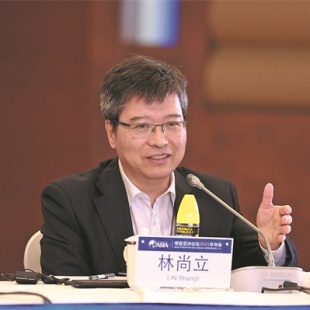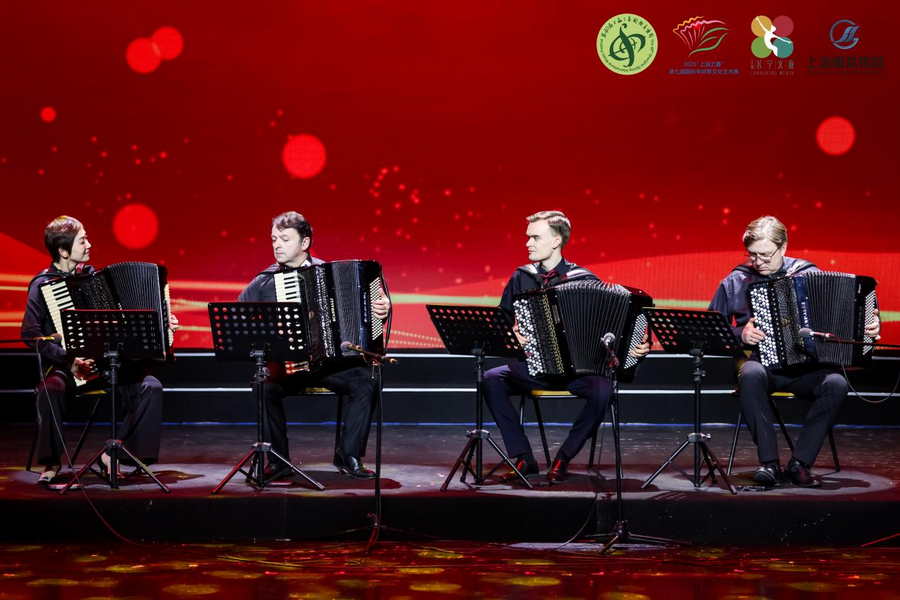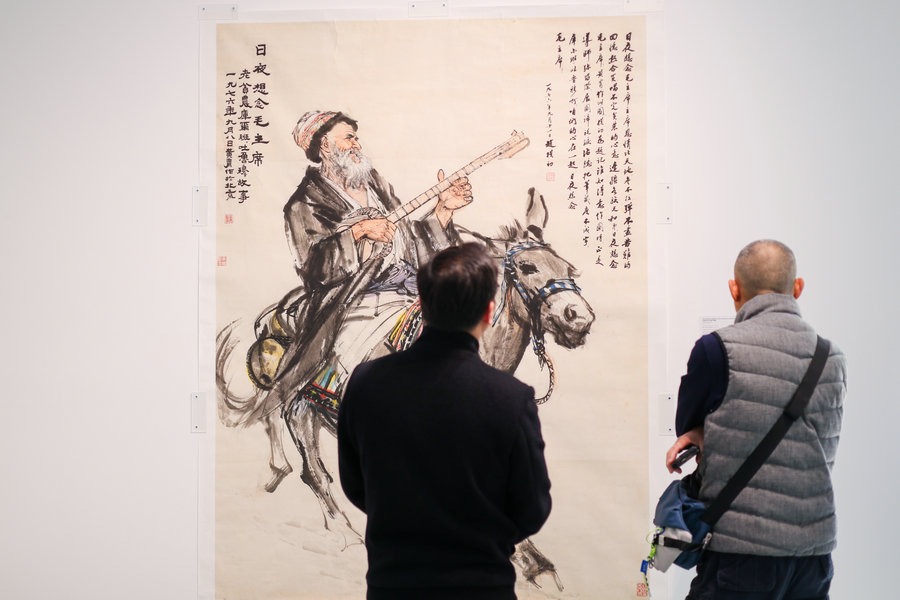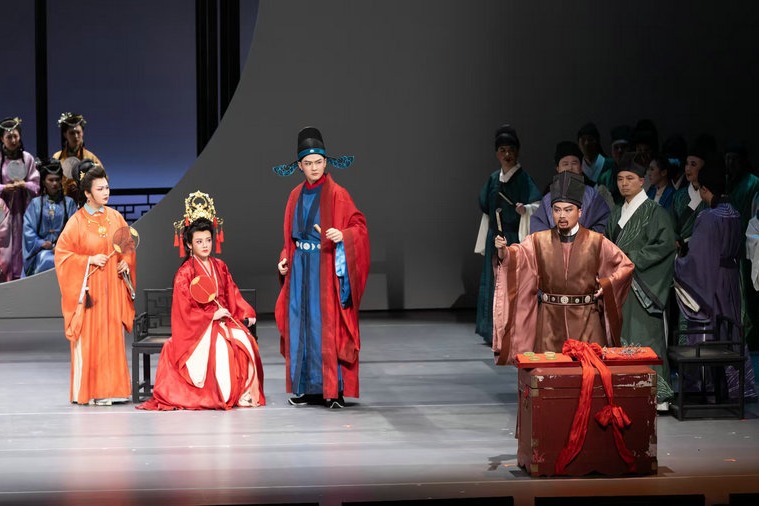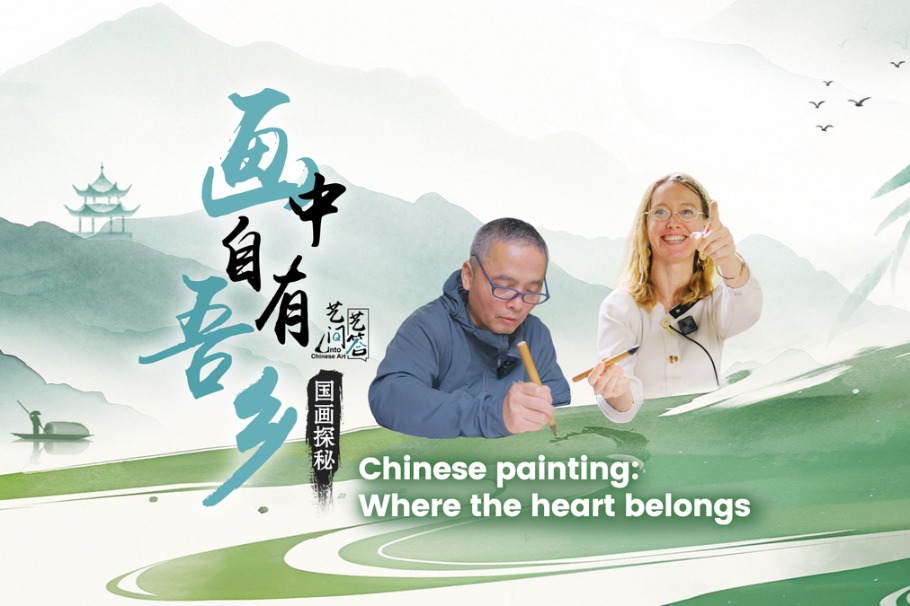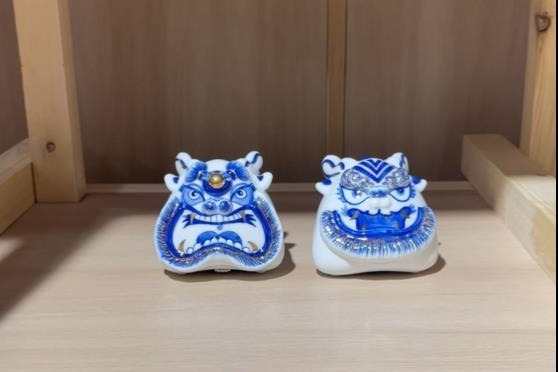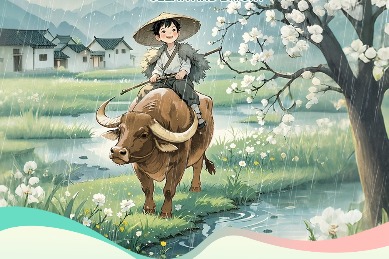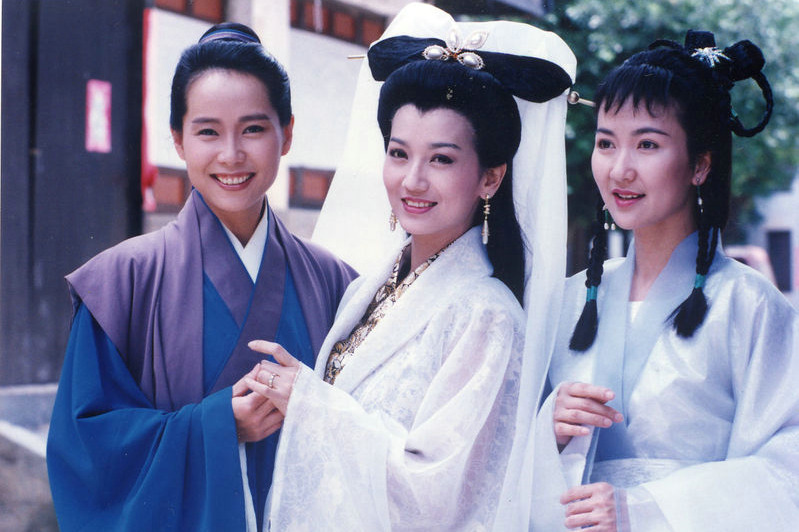Global dialogue essential for establishing trust, forum hears

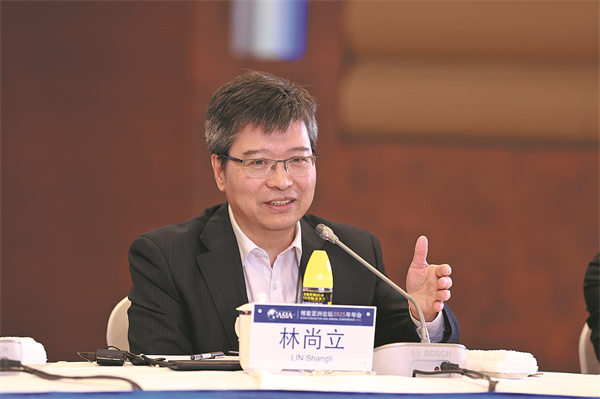
Strengthening dialogue among civilizations is essential to fostering global understanding and trust, Lin Shangli, president of Renmin University of China, said on March 28 during the Boao Forum for Asia Annual Conference 2025. The forum ran from March 25-28.
Despite humanity's technological leaps — from space exploration and artificial intelligence to gene reconstruction — Lin said at the "enhancing dialogue among civilizations and promoting understanding and trust" sub-forum that building lasting peace remains a challenge. "While the United Nations plays a crucial role in the world, global governance still falls short," he said.
However, Lin also expressed optimism.
"Looking at the development of human civilization over the past 10,000 years, the time during which humans have known each other is only a few hundred years. In the future, I believe we can address issues of peaceful coexistence and lasting peace with dialogue, understanding and trust among civilizations being the way to resolve them," he added.
He further explained that history has proved that the exchange and mutual learning of civilizations are key to the prosperity of various cultures. Whether it is Chinese civilization or other civilizations around the world, their brilliance has benefited from mutual learning and dialogue among different cultures.
"In today's world, the coexistence and dialogue of various civilizations are the foundation of human development. Transforming the truth of dialogue among civilizations into a real force requires the establishment of a global perspective and human consciousness," Lin said.
He emphasized that existing worldviews and nationalistic ideologies dominate human life, with the former being constructed by the global flow of capital and closely linked to capitalism.
He said that China's proposals for a global civilization initiative, global development initiative, global security initiative, and a community with a shared future for mankind pointed to a new direction for humanity's future.
"This direction involves establishing a global perspective on the basis of worldviews and cultivating human consciousness on the foundation of nationalistic ideologies," Lin said.
He noted that humanity is undergoing unprecedented changes, with technological advancements and global shifts prompting a reassessment of self, the construction of order, and the resolution of common issues. These circumstances provide an excellent opportunity for dialogue among civilizations and mutual understanding.
Lin emphasized the pivotal role of universities in fostering cross-cultural understanding. "Without civilizational exchange, universities lose their essence," he said. Chinese institutions, he added, are undergoing transformative changes to integrate global wisdom into education. "The past was an era of knowledge; the future belongs to wisdom, and diverse civilizations are its greatest source."
In the realm of talent cultivation, shaping student minds, and reconstructing knowledge, Chinese universities are encouraged to integrate the wisdom of various civilizations and cultures into the education of young students, he said.
Renmin University has spearheaded initiatives like the School of Global Leadership, the School of Global Governance, the Silk Road School, and trilateral degree programs with Italy and the US. It has also launched research centers focusing on Sino-European and Sino-African civilizational exchanges. "We aim to cultivate talent capable of navigating global challenges," Lin said.
Asia, as a crossroads of multiple civilizations, thrives on its diversity, Lin said. He warned against politicizing differences, calling instead for a spirit of "appreciating each other's beauty — harmony in diversity".
Regional cooperation, such as the China-ASEAN Science and Technology Partnership Program and the Regional Comprehensive Economic Partnership, also known as the RCEP trade pact, offers a blueprint for collaborative progress.
Asian nations must strengthen cooperation in technological innovation, overcome technological bottlenecks, establish governance rules, and propel Asia to become a leader in the technological revolution, Lin suggested.
He also said that there is a need to promote an interconnectedness of rules and standards, accelerate negotiations on digital trade rules, enhance regional financial safety nets, strengthen coordination on global governance issues, and elevate the voice of developing countries.
"Asia, as a growth engine and a hub of vibrant civilizations, must lead with solidarity and innovation," Lin said.
With this year marking the 80th anniversary of the UN and the 70th anniversary of the Bandung Conference, he hoped nations would "seek common ground while respecting differences" to advance a shared future.
"Historical lessons teach us that those who seek common ground while respecting differences progress, and those who engage in exchanges and mutual learning emerge victorious. Asia, as a vital engine of global economic growth and a vibrant hub of diverse coexisting civilizations, particularly needs to tackle common human challenges amid global transformations with a united stance, innovative thinking, and a forward-looking perspective," said Lin.
He called for seizing the opportunity presented by the Boao Forum for Asia to build a broad consensus, enhance dialogue among civilizations, and gather strong collective efforts. By seeking the "common "within inclusivity and striving for "unity "amid respecting "differences", "let us continue advancing toward the goal of building a community of shared future for mankind. Together, let us create a brighter future for Asia and the world", Lin said.
CHEN BOWEN in Boao, Hainan


